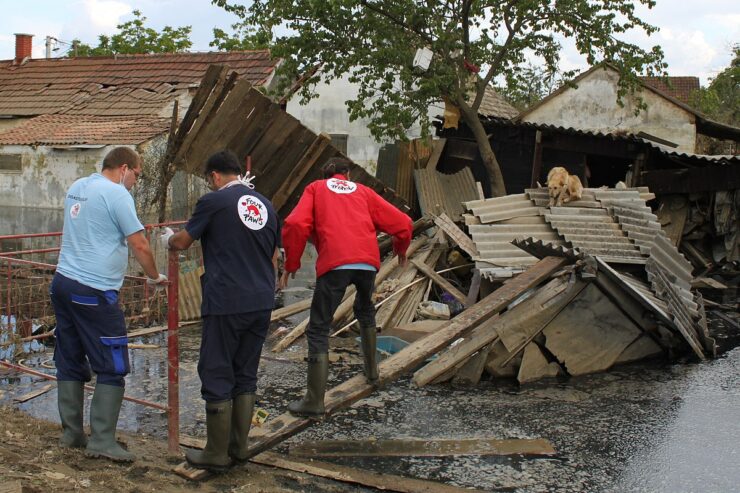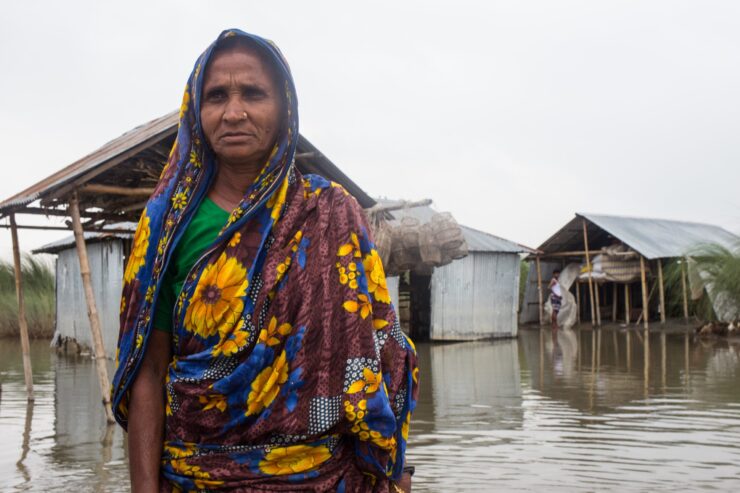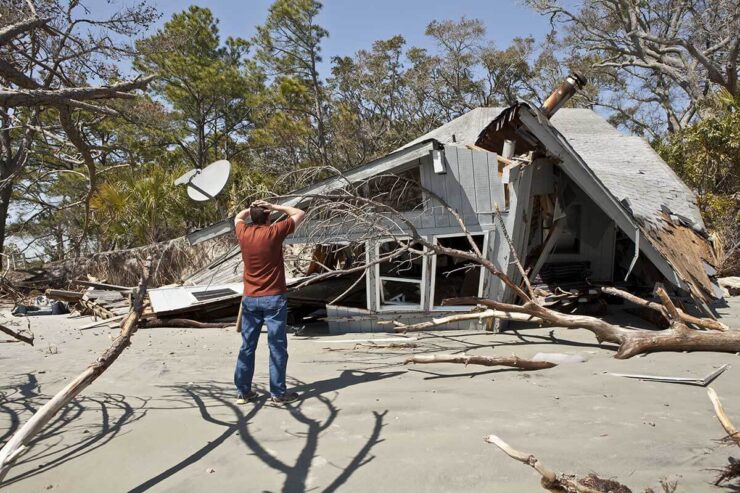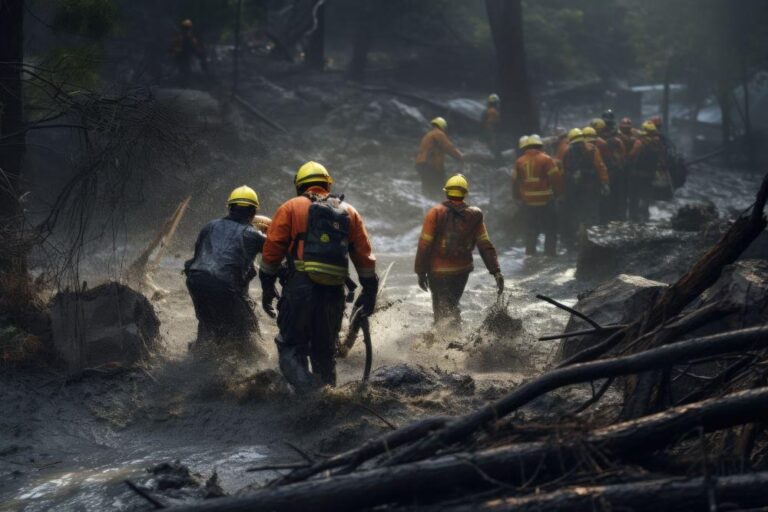Natural disasters like hurricanes, floods, wildfires, and earthquakes more often than not strike without warning, causing immense destruction in communities. The good folk at Brother’s Brother Foundation tell us that beyond the physical and structural damage, these catastrophic events also take a severe psychological toll on those affected, with effects that can last for years.
To that end, understanding the wide range of mental health effects from disasters is really important so as to provide adequate support and improve both immediate disaster response efforts and long-term recovery planning.
Immediate Psychological Reactions

In the chaotic aftermath of a disaster, common psychological reactions might include shock, intense fear, grief, panic, anger, and profound anxiety. The sudden loss of loved ones, possessions, jobs, or housing can lead to emotionally overwhelmed states for countless survivors. In the initial weeks, high rates of post-traumatic stress disorder (PTSD) symptoms emerge, like painful intrusive memories, nightmares, dissociation, and hypervigilance regarding threats.
Many people also struggle with the loss of social connections if families and communities have been scattered by destruction and displacement. These immediate reactions are normal human responses to irregular and life-threatening circumstances. Providing psychological first aid to help meet basic needs, offer comfort, foster connections, and reduce added stress helps promote resilience at this intensely difficult phase.
Longer-Term Mental Health Impacts

As the days stretch into weeks and months after the initial disaster, the heightened sense of danger fades and the hard work of cleaning up and rebuilding begins. Yet alongside the gradual restoration of order, longer-term mental health impacts often appear:
- Depression – Persistent feelings of profound sadness, guilt, fatigue, loneliness, and hopelessness are quite common in survivors as the losses sink in. Many of them experience a lost sense of meaning and identity. Depression rates remain markedly elevated for 1-3 years following major disasters.
- Anxiety Disorders – In the disaster’s aftermath, the world often feels like an unpredictable and dangerous place filled with threats rather than support. Anxiety disorders frequently stem from fears around health concerns, financial ruin, and the existential threat of recurrence.
- Substance Abuse – Some survivors turn to drug, alcohol, or tobacco use as a way to self-medicate intense and unresolved distress over time. This can significantly impair disaster recovery decision-making and compound pre-existing health issues.
- b – The cumulative stresses, mental health issues, economic pressures, unstable living situations, and erosion of community supports that can follow in the wake of disasters have clear links to precipitating increased rates of child abuse and intimate partner violence.
Vulnerable Groups Facing Greater Psychological Risks

Disasters disproportionately affect the mental health of certain vulnerable groups. Children lack adequate life experience and emotion regulation skills to process trauma and so often develop lasting phobias, separation anxiety, sleep disturbances, somatic complaints, behavioral problems, cognitive delays, or serious psychiatric disorders that profoundly disrupt their development.
Elderly disaster survivors frequently face heightened risks because of medical needs, mobility limitations, sensory impairment, social isolation, displacement from care facilities, and loss of key supports. Individuals with pre-existing disabilities or illnesses lose access to vital treatment and face higher stress navigating changed post-disaster landscapes.
Targeting interventions towards those with less support improves equity and fosters collective resilience. Building inclusive community connections through diverse leadership, cultural practices, public ceremonial grief rituals, alternative healing spaces, and peer support groups also protects at-risk groups’ mental health.
Conclusion
The trauma of disasters has multifaceted psychological impacts on survivors and entire communities. Once basic safety, medical, housing, and food needs are met, prioritizing accessible mental health supports can help communities process grief, adapt to their changed reality, reconnect with purpose, and rebuild together.
Through compassion and social solidarity, people show psychological recovery time and time again even after devastation. Disaster mental health intervention is a crucial part of emergency response that enables this healing process.

